Minister: 2020 General Election Cost $692,698
The 2020 General Election cost $692,698 and a total of 25,760 persons voted, with 4,411 people [17%] voting in the advanced polls, Minister for the Cabinet Office Wayne Furbert said.
Speaking in the House of Assembly today [Nov 13], Minister Furbert said, ”Today I would like to provide this Honourable House with details emanating from the recently held General Election.
“On October 01st 2020, the people of Bermuda went to the polls to exercise their democratic right to vote; a vote that led to an emphatic victory for the Government.
‘Despite the threat and health risks posed by COVID-19, the Parliamentary Registrar, Ms Tenia Woolridge, and her entire team delivered a safe, seamless and secure electoral process for the electorate.
“Elections, both the Advanced Polls and the General Poll, were very successfully conducted and enormous credit for this has to be given to the Parliamentary Registrar’s Office.”
Slideshow of the 2020 General Election results in all 36 seats:
-
The Minister noted that 183 votes were taken at Senior Citizen Rest Homes, 15 votes were taken at the King Edward VII Memorial Hospital, and 10 visually impaired voters used the newly implemented tactile devices to assist them in the voting process.
“A total of 25,760 persons voted in the General Election of 2020. Of these, a total of 4,411 persons voted in the advanced polls. Put another way, 17% of those who voted did so in the Advanced Polls,” the Minister said.
“The cost of the General Election 2020 was $692,698, This compares to the $759,511 spent on the General Election of 2017.”
Minister Furbert added that it “was because of our good stewardship and leadership that the Government achieved a whopping majority of 30 to 6, a massive 20% increase and the largest margin of victory in our political history.”
The Minister’s full statement follows below:
Mr. Speaker, Today I would like to provide this Honourable House with details emanating from the recently held General Election. On October 01st 2020, the people of Bermuda went to the polls to exercise their democratic right to vote; a vote that led to an emphatic victory for the Government.
Mr Speaker, you will recall that earlier this year, this Honurable House approved a raft of changes to the Parliamentary Election Act 1978. The most significant changes were enacted to:
- Increase the number of persons who are eligible to vote in our Country
- Increase the categories of persons who could vote in an advance poll
- Enable people who are shut-in at home to vote
- Enable visually impaired persons to vote using tactile devices
- Give the Parliamentary Registrar more flexibility at polling stations in order to ensure safety
Mr Speaker, I am pleased to inform this Honourable House that, despite the threat and health risks posed by COVID-19, the Parliamentary Registrar, Ms Tenia Woolridge, and her entire team delivered a safe, seamless and secure electoral process for the electorate. Elections, both the Advanced Polls and the General Poll, were very successfully conducted and enormous credit for this has to be given to the Parliamentary Registrar’s Office.
Mr Speaker, this Honourable House, and all of Bermuda, would be interested in the statistics emanating from the General Election of 2020. To that end, I am pleased to share the following data:
- A total of one hundred and eighty-three [183] votes were taken at Senior Citizen Rest Homes
- Fifteen [15] votes were taken at the King Edward VII Memorial Hospital
- Ten [10] visually impaired voters used the newly implemented tactile devices to assist them in the voting process
Mr Speaker, a total of twenty-five thousand seven hundred and sixty [25,760] persons voted in the General Election of 2020. Of these, a total of four thousand four hundred and eleven [4,411] persons voted in the advanced polls. Put another way, 17% of those who voted did so in the Advanced Polls. The number of voters in the advanced polls for each constituency are detailed as follows:
- Constituency 1 – 80
- Constituency 2 – 112
- Constituency 3 – 83
- Constituency 4 – 161
- Constituency 5 – 200
- Constituency 6 – 209
- Constituency 7 – 169
- Constituency 8 – 143
- Constituency 9 – 127
- Constituency 10 – 190
- Constituency 11 – 164
- Constituency 12 – 135
- Constituency 13 – 145
- Constituency 14 – 148
- Constituency 15 – 126
- Constituency 18 – 105
- Constituency 19 – 125
- Constituency 20 – 121
- Constituency 21 – 83
- Constituency 22 – 94
- Constituency 23 – 120
- Constituency 24 – 103
- Constituency 25 – 176
- Constituency 27 – 164
- Constituency 28 – 153
- Constituency 29 – 145
- Constituency 30 – 160
- Constituency 31 – 150
- Constituency 32 – 148
- Constituency 33 – 90
- Constituency 34 – 108
- Constituency 35 – 108
- Constituency 36 – 66
Mr Speaker, additional detailed data for the General Election 2020, as well as for previous elections, can be found on the website elections.gov.bm.
Mr Speaker, general elections require an enormous amount of planning, preparation and execution. They also require a small army of workers to ensure a smooth and secure voting process, not only on the actual polling day but also, for advance polls, voting at rest homes and voting at private residences.
Mr Speaker, there were approximately five hundred and forty [540] workers involved in the General Election of 2020. These are broken down as follows:
- Seventy [70] Returning Officers
- Two hundred and two [202] Presiding Officers
- One hundred and forty [140] Police Officers – who provided security at polling stations and escorts for ballot boxes
- Forty [40] Works and Engineering staff – for setup and breakdown of polling stations
- Seventy eight [78] Private Security Firm staff – to deliver and collect ballots and supplies from polling stations; assisting with administering hand sanitizer at polling stations
- Ten [10] Red Cross volunteers
Mr Speaker, to all of these folks I want to express my sincere thanks for their contribution and efforts in ensuring a well-run and safe election.
Mr Speaker, the cost of the General Election 2020 was six hundred and ninety two thousand, six hundred and ninety eight dollars [$692,698]. This compares to the seven hundred fifty nine thousand, five hundred and eleven dollars [$759,511] spent on the General Election of 2017.
Mr. Speaker, you would recall that the former Leader of the OBA, The Hon. Craig Cannonier said that, quote “it is an insult that the Premier would contrive to underestimate our collective intelligence by trying to convince us that he is calling a million dollar election to save the country money.” The Hon Member Cannonier also said as COVID cases reach double figures again, the Premier was asking us to jeopardize our health.
Mr. Speaker, let me inform this Honorable House that not only did the Government through the Parliamentary Registrar’s Office keep its citizens safe by taking meticulous precautionary measures during the election, it did not spend a million dollars in doing so.
Mr Speaker, the Government spent approximately sixty thousand dollars [$60,000] less than the One Bermuda Alliance did when they held the election in 2017. Mr. Speaker, it was because of our good stewardship and leadership that the Government achieved a whopping majority of 30 to 6, a massive 20% increase and the largest margin of victory in our political history.
Mr Speaker, I have already mentioned the amount of work involved in this election and I have also stated that it was extremely organized and effectively run. I therefore, wish to add my commendation and congratulations to Ms Tenia Woolridge and the entire team at the Parliamentary Registrar’s Office for the sterling work they did in this election. The delivery of a well-organised and incident-free election is a testament to the exceptional job that they all do at the Parliamentary Registrar’s Office, and I am grateful for their outstanding service to our Country.
Thank you, Mr. Speaker,

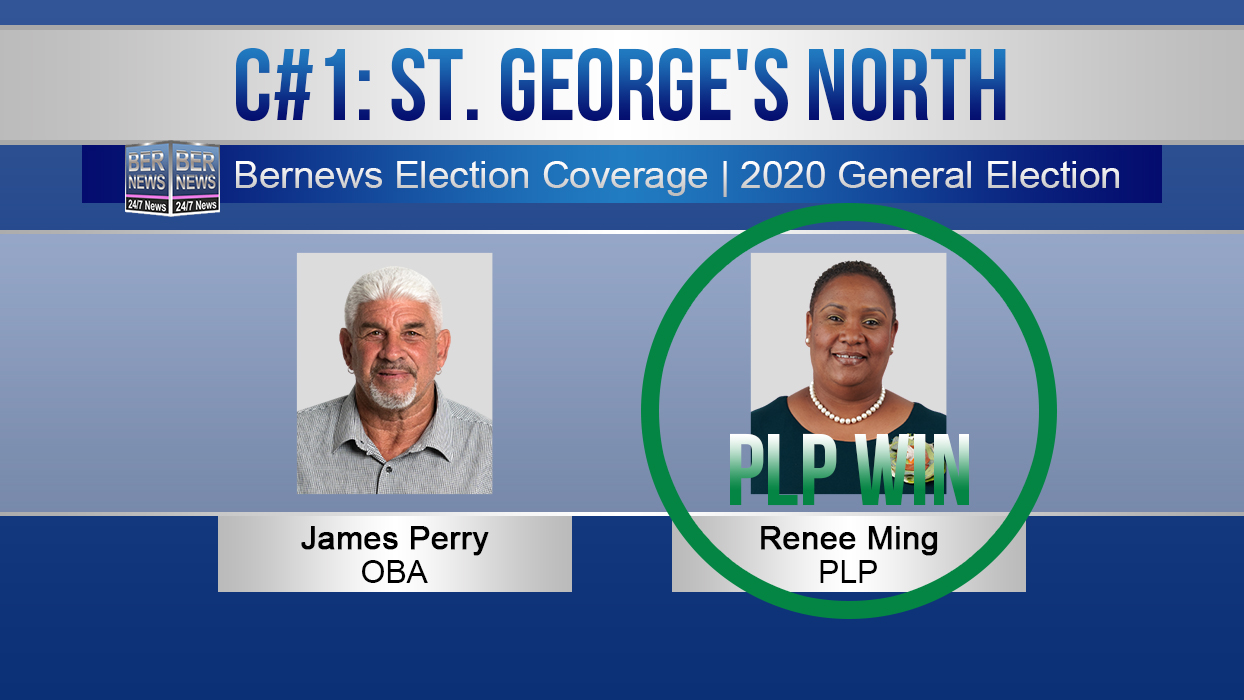
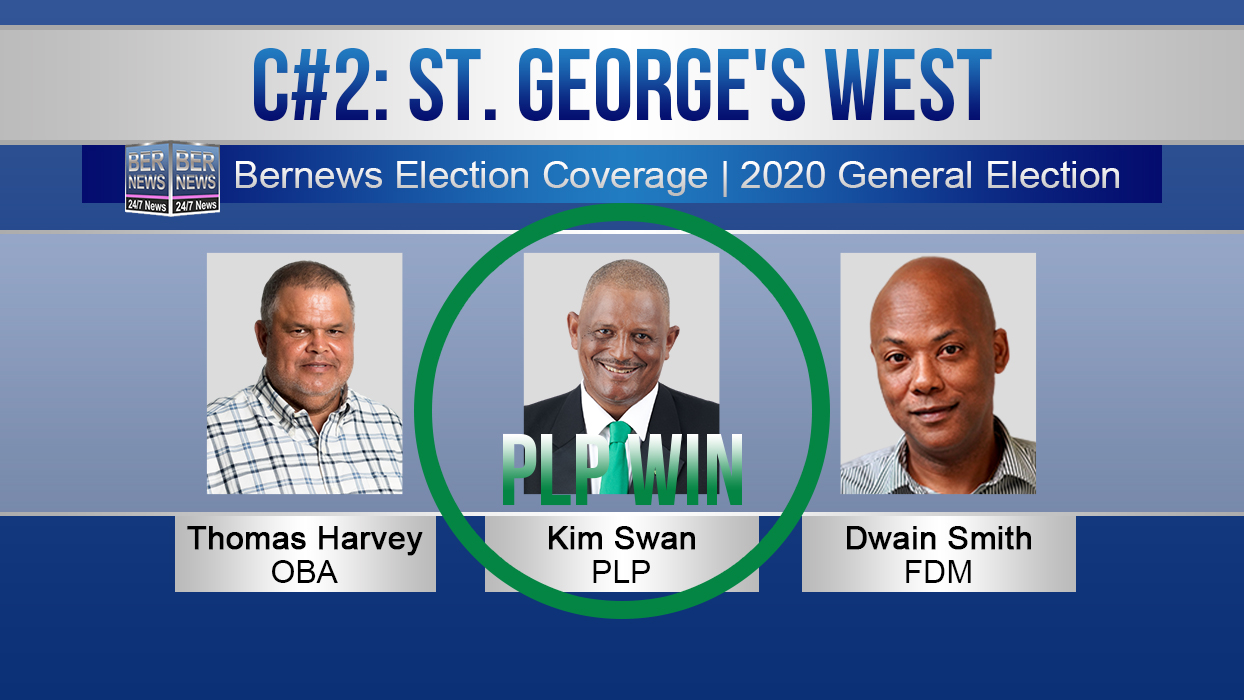
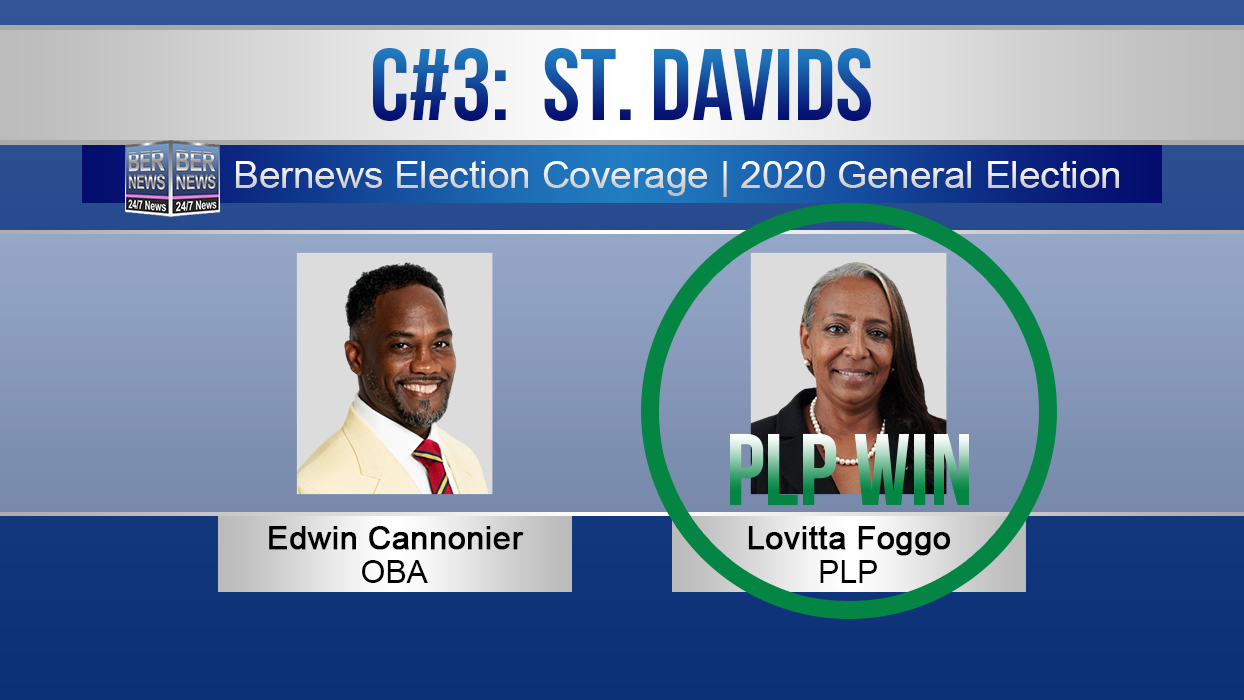
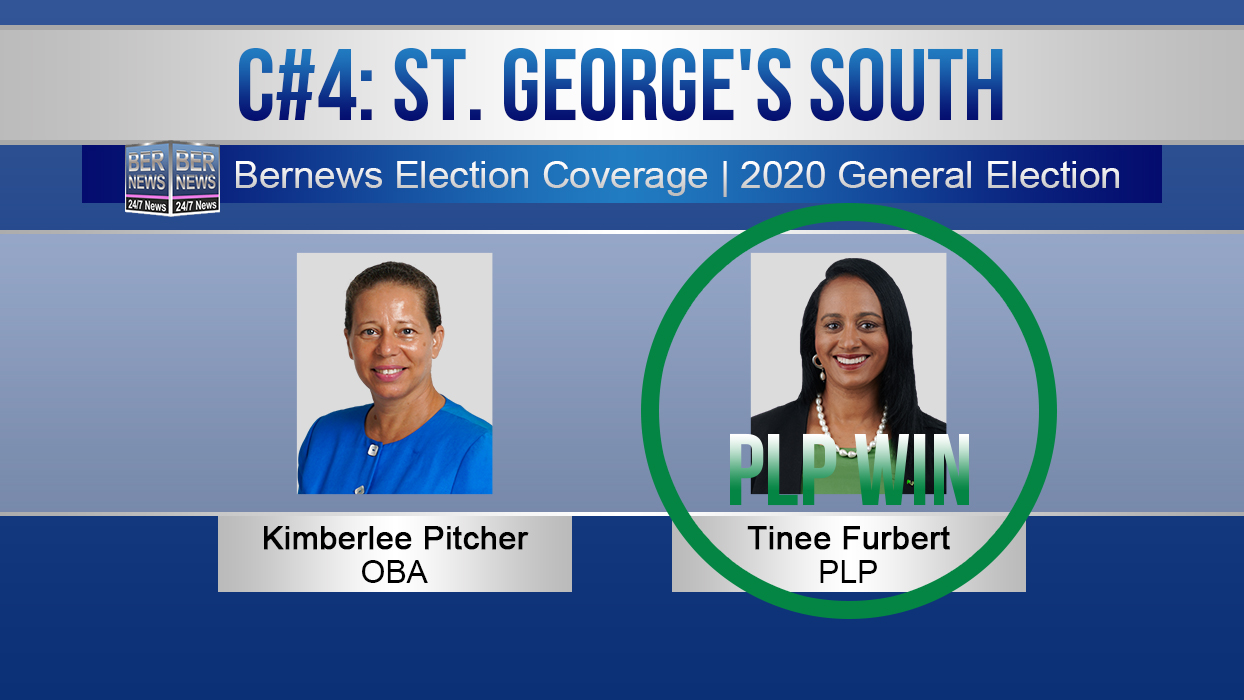
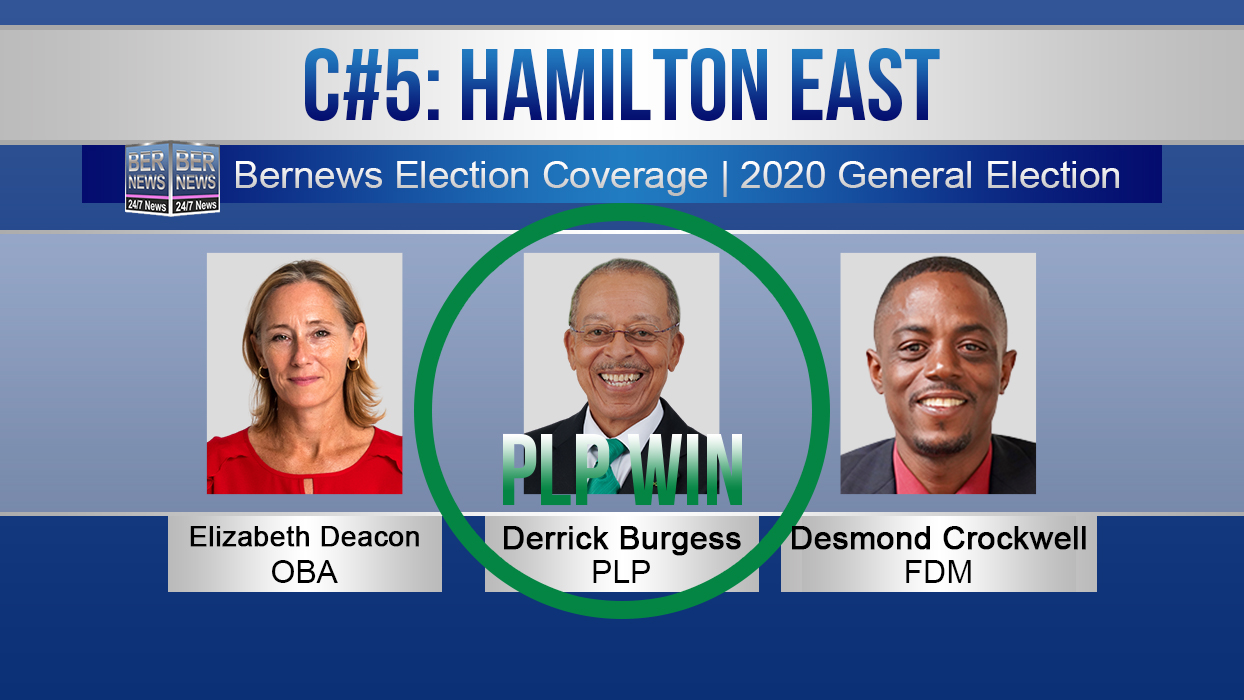
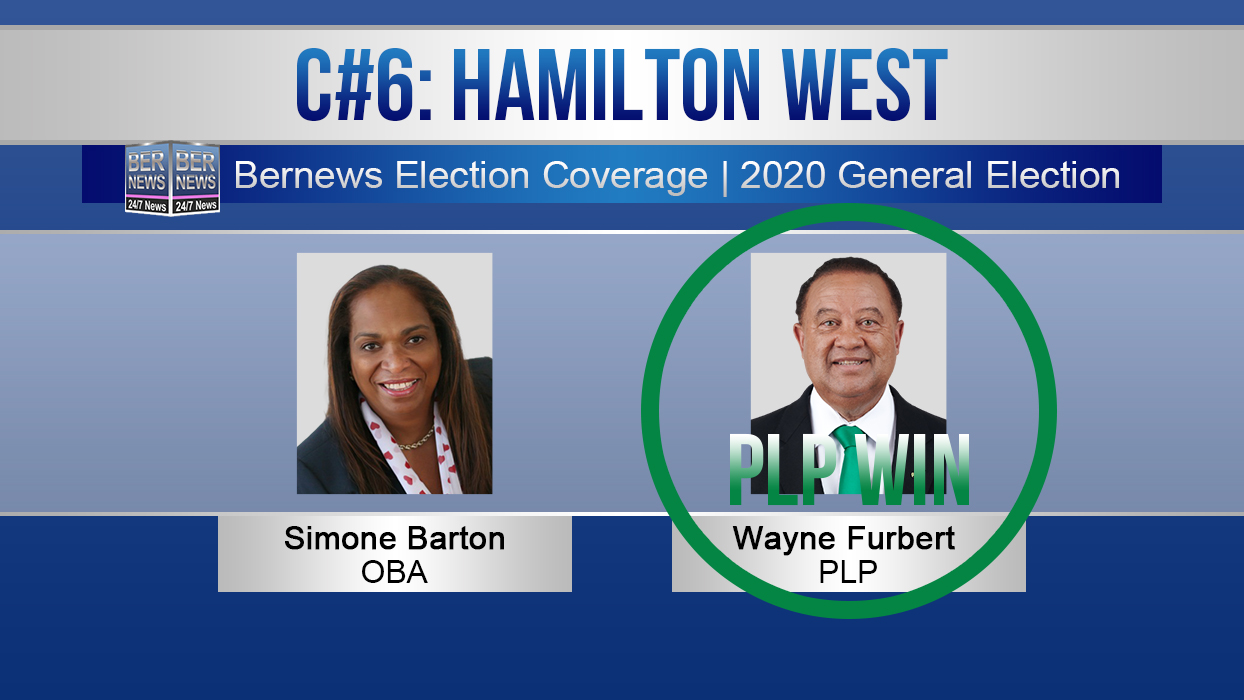
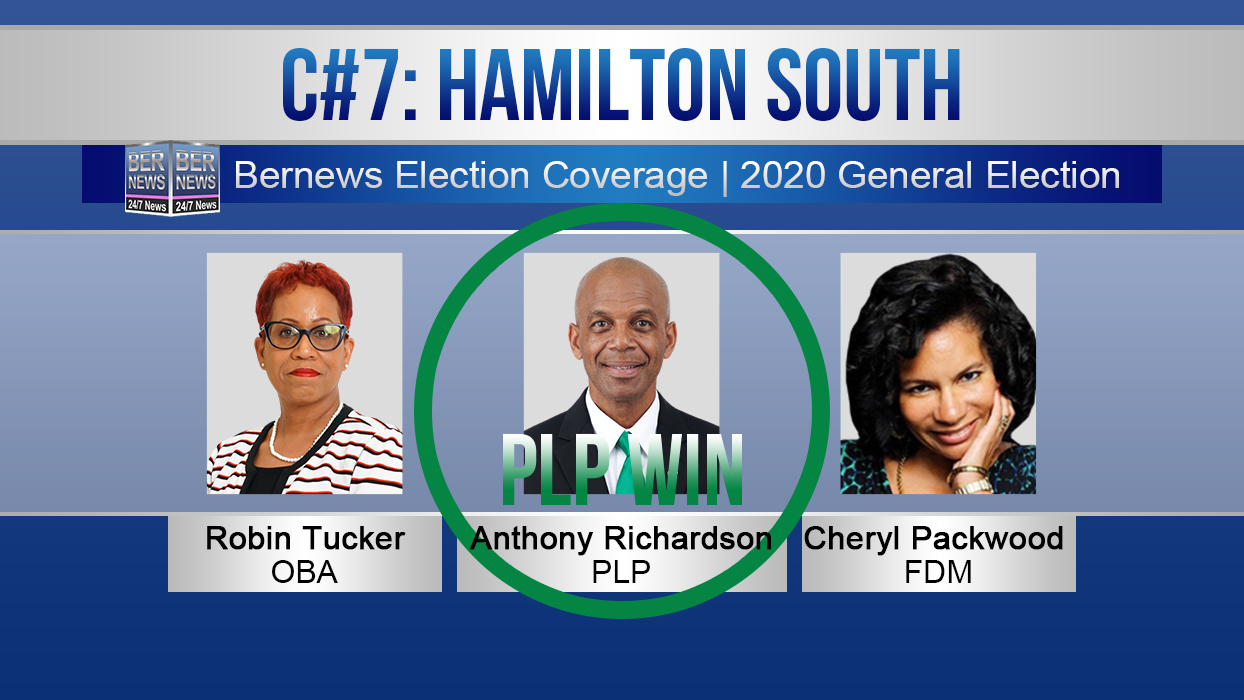
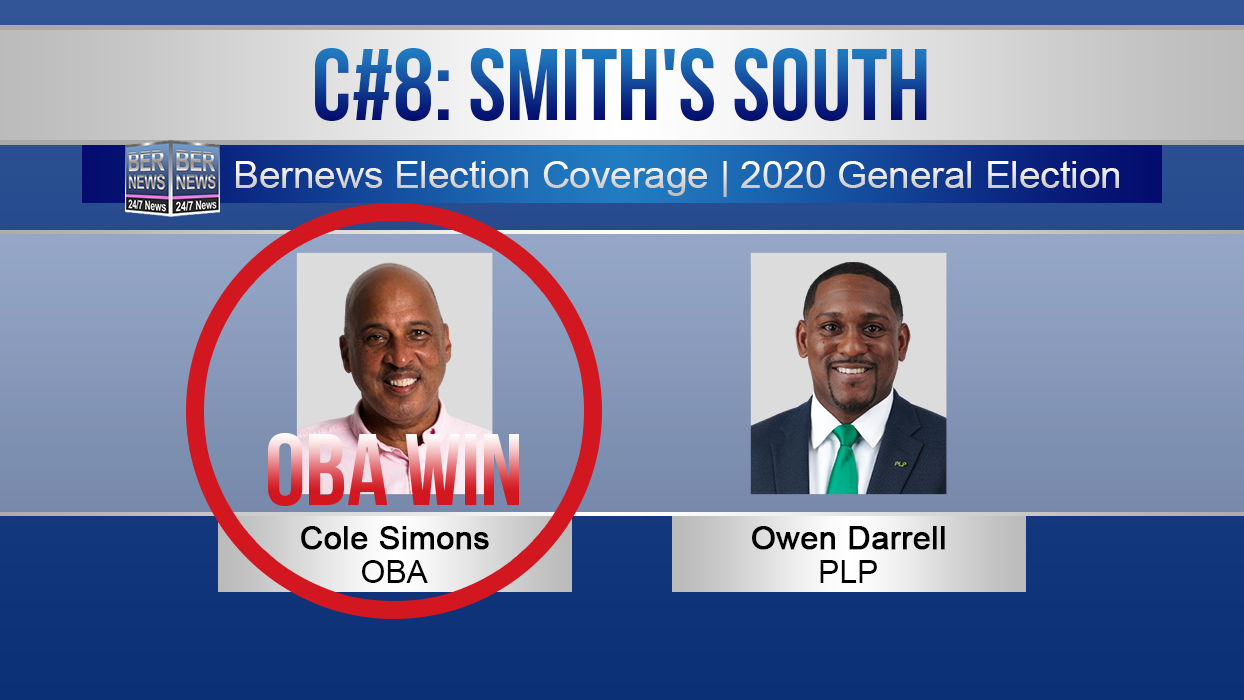
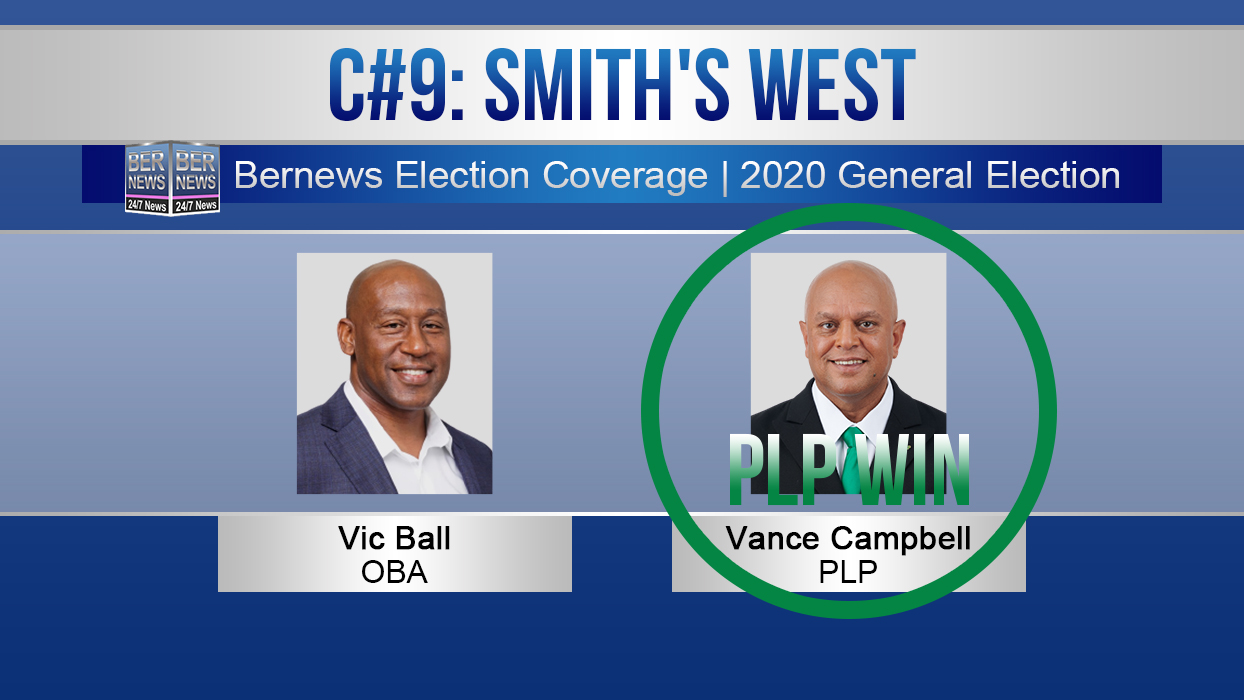
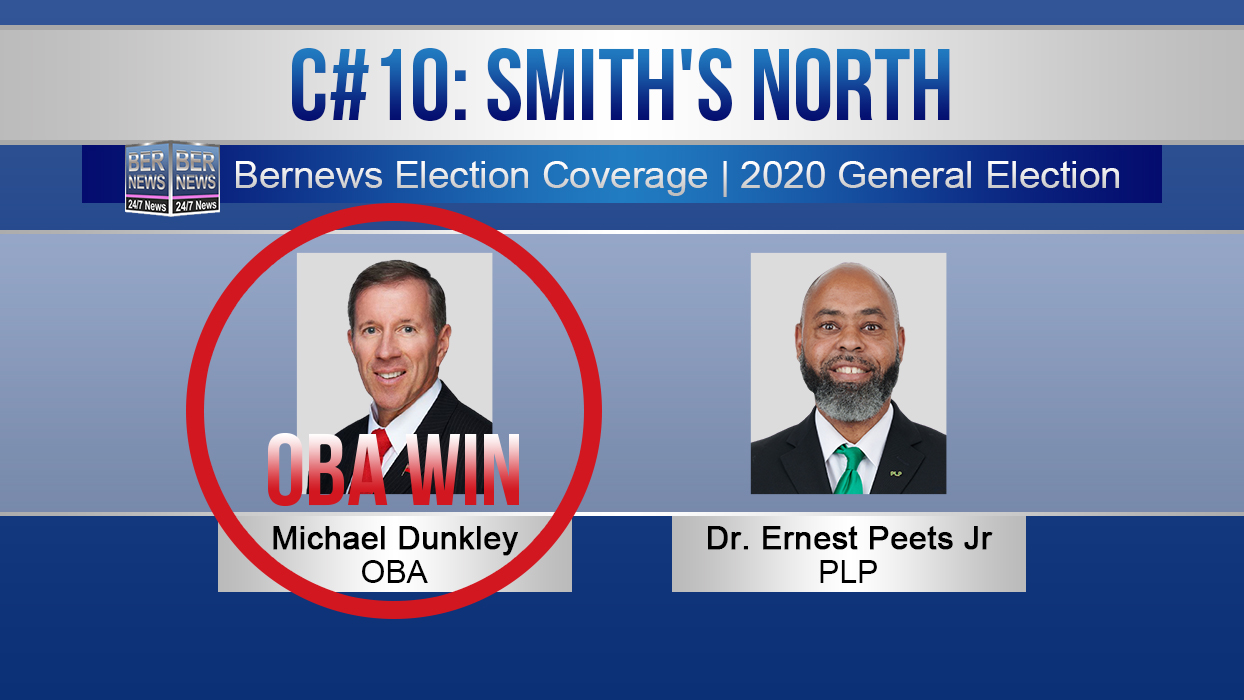
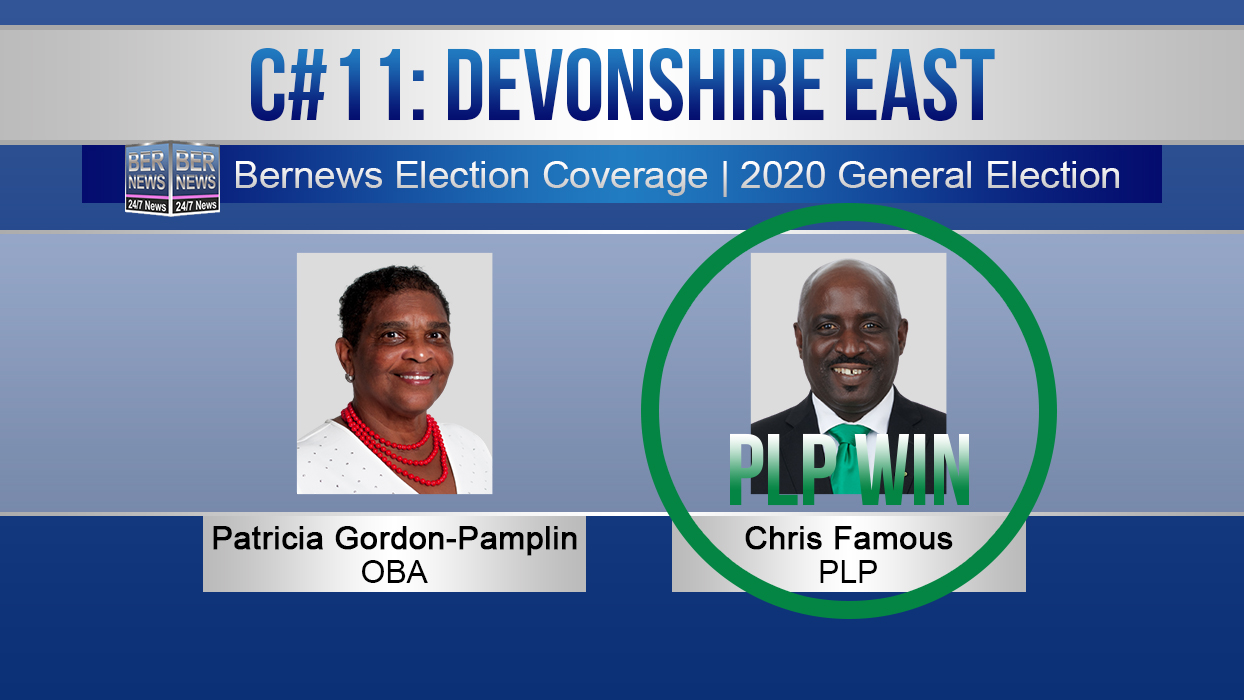
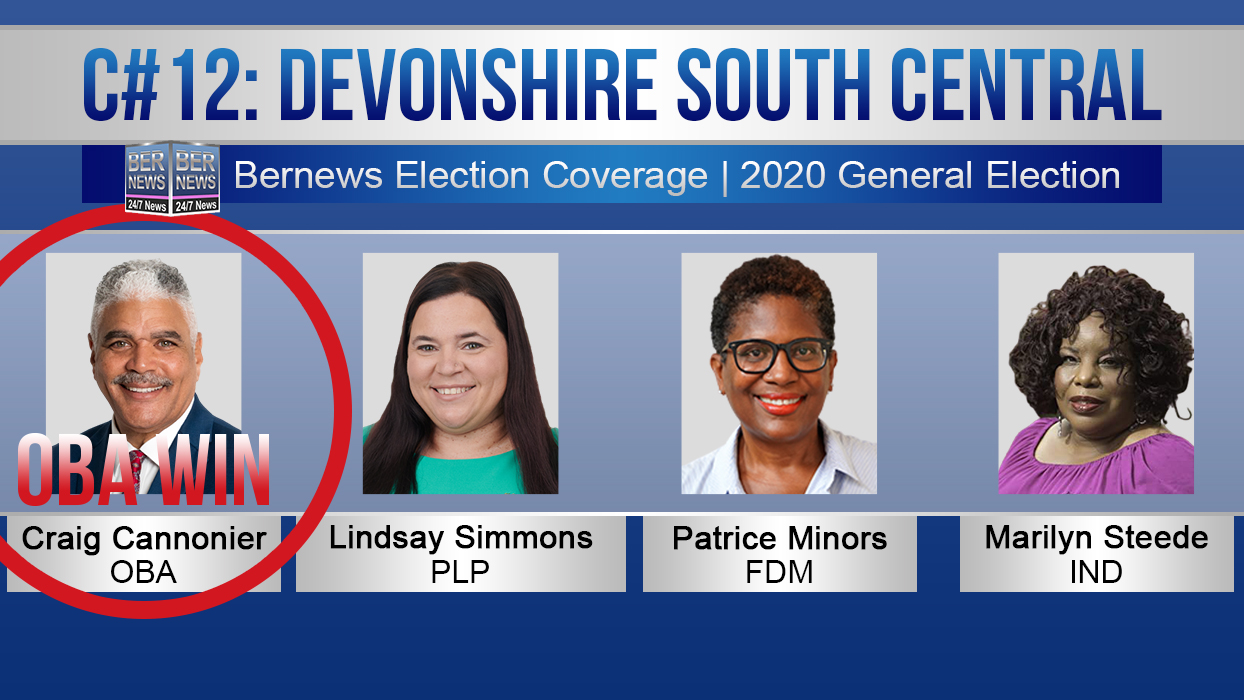
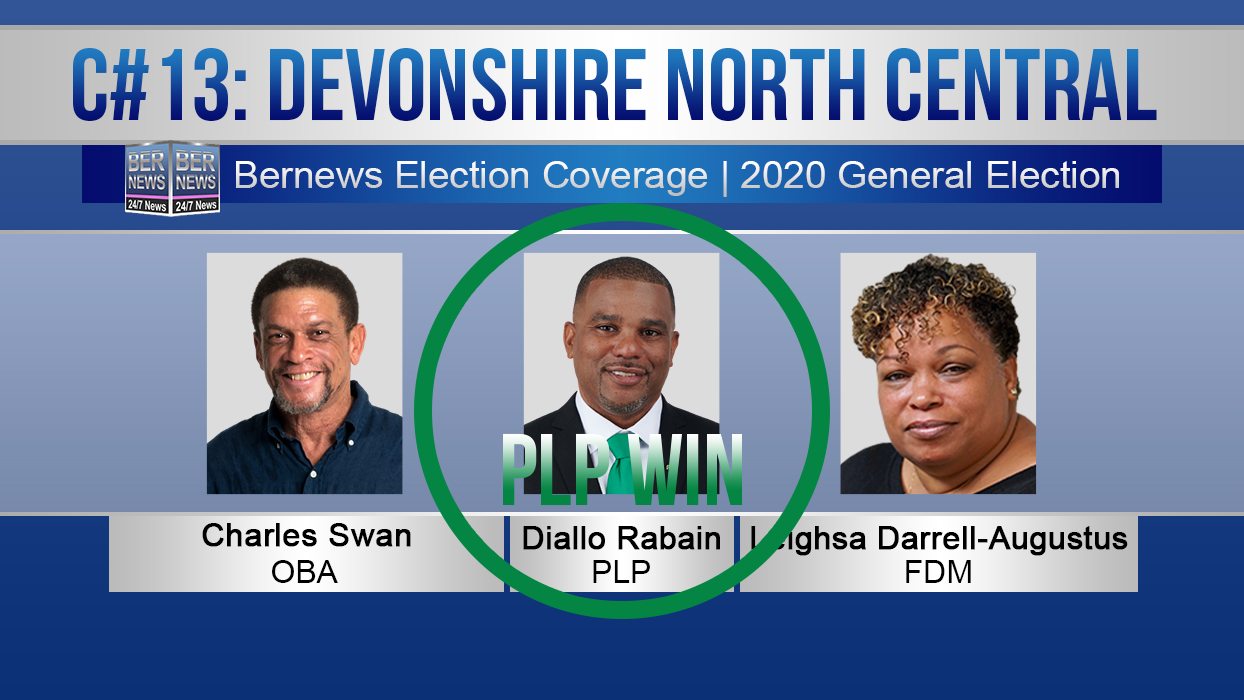
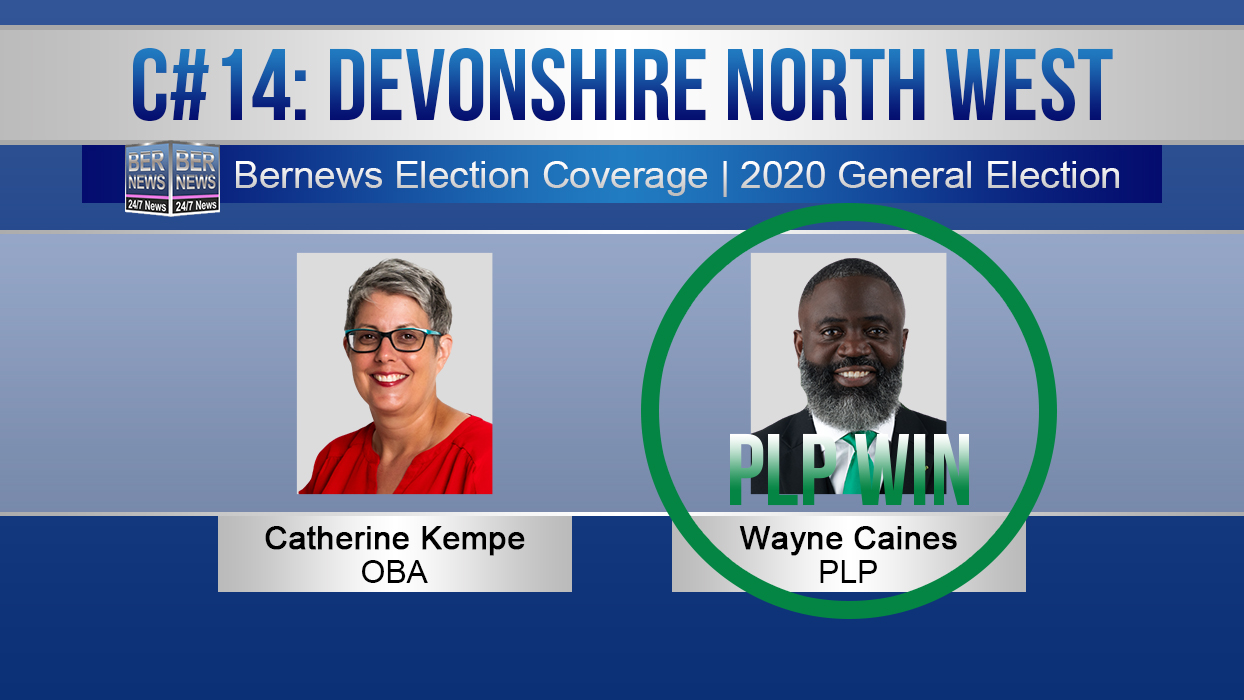
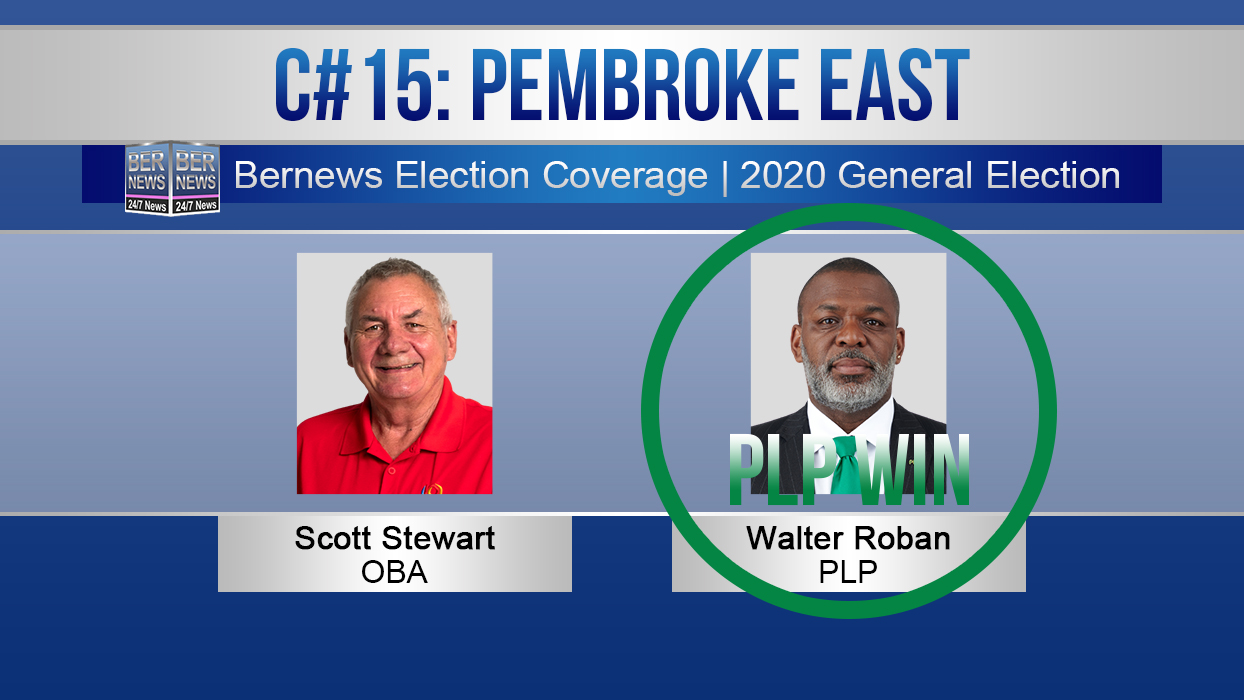
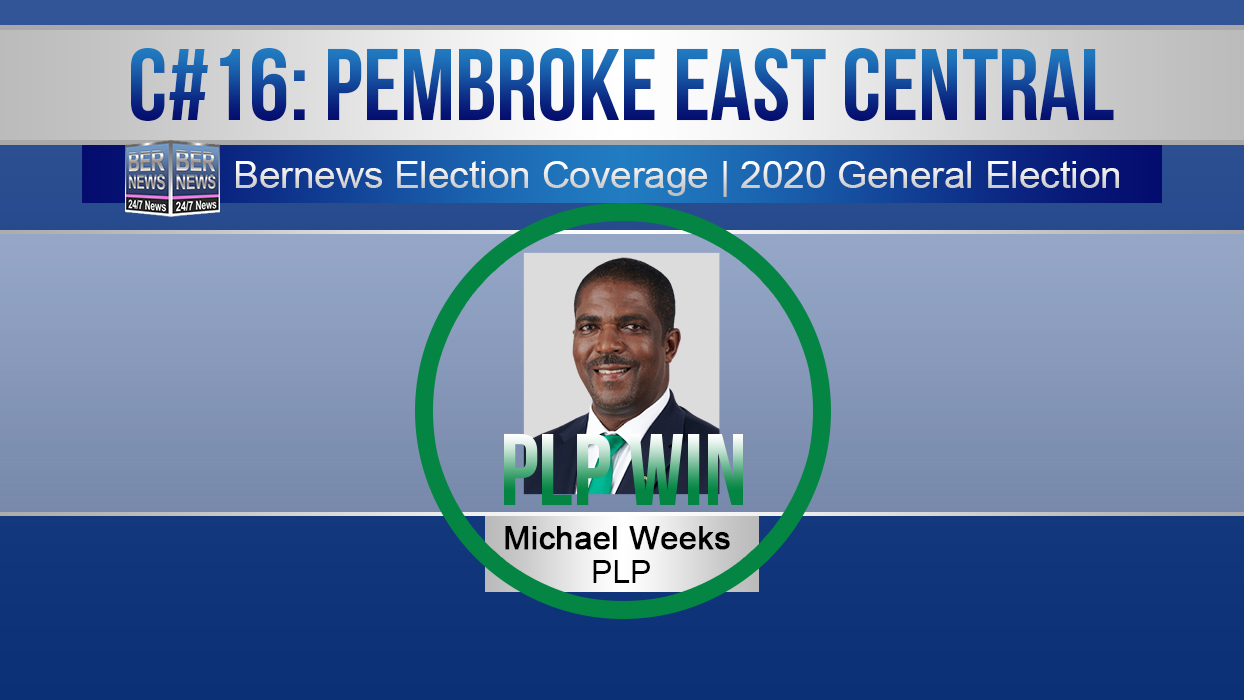
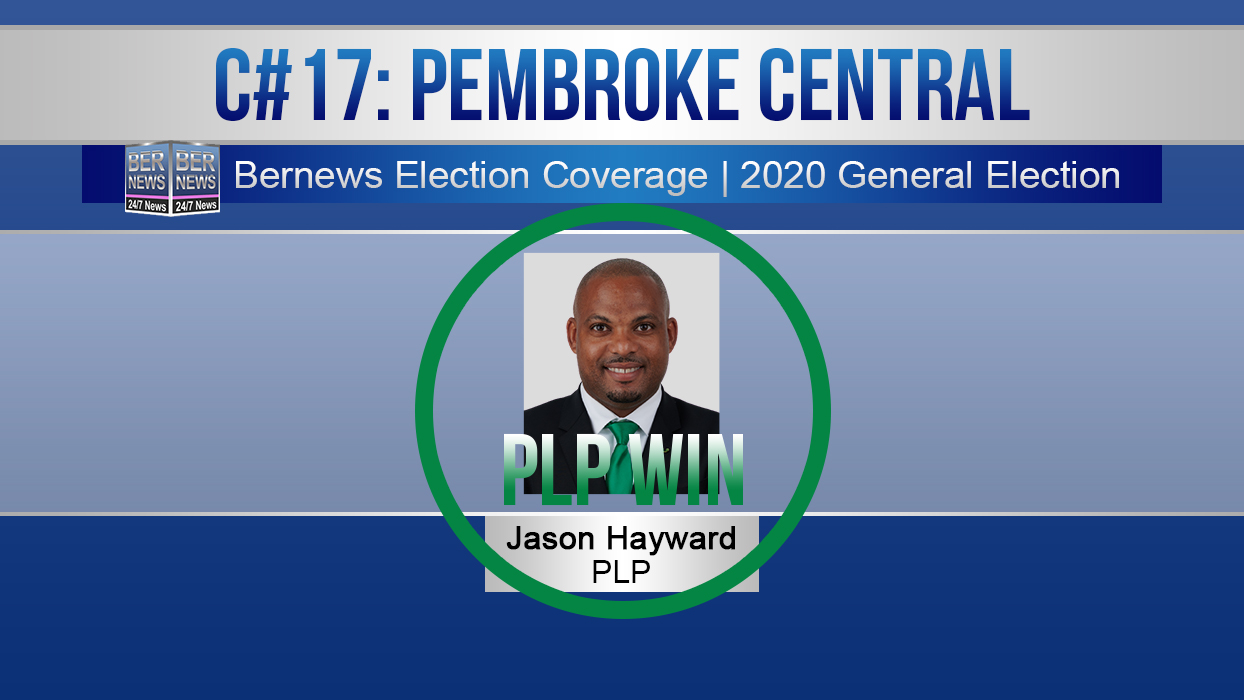
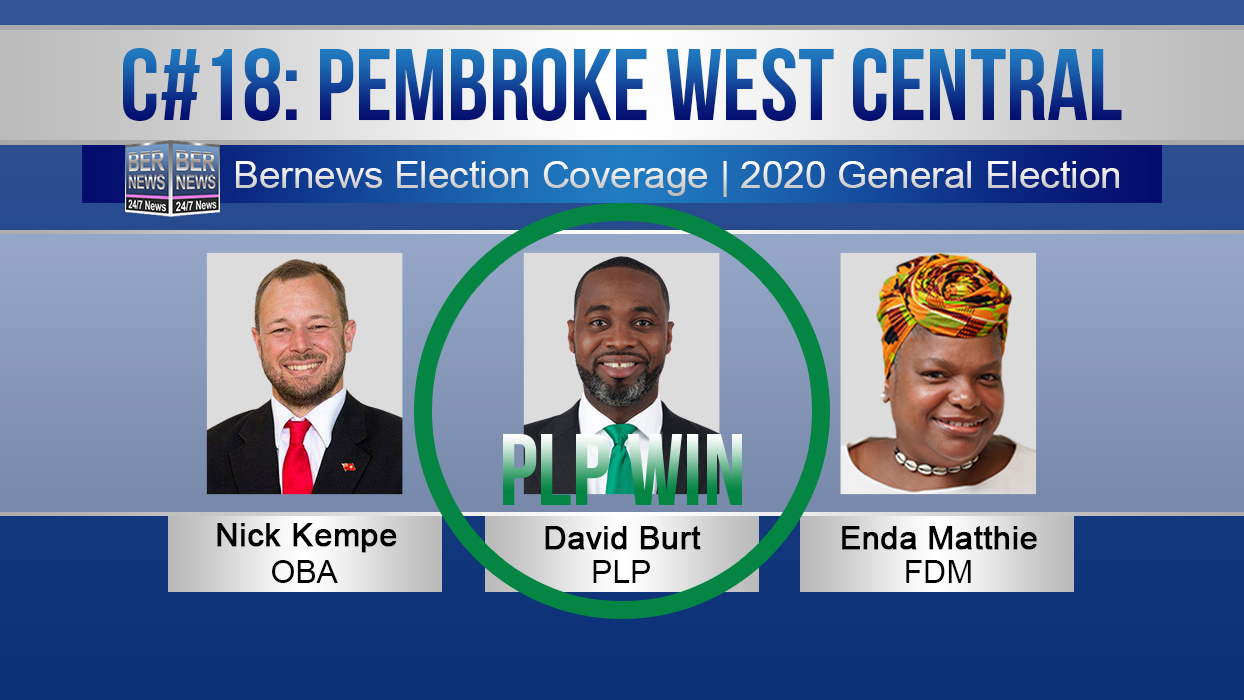
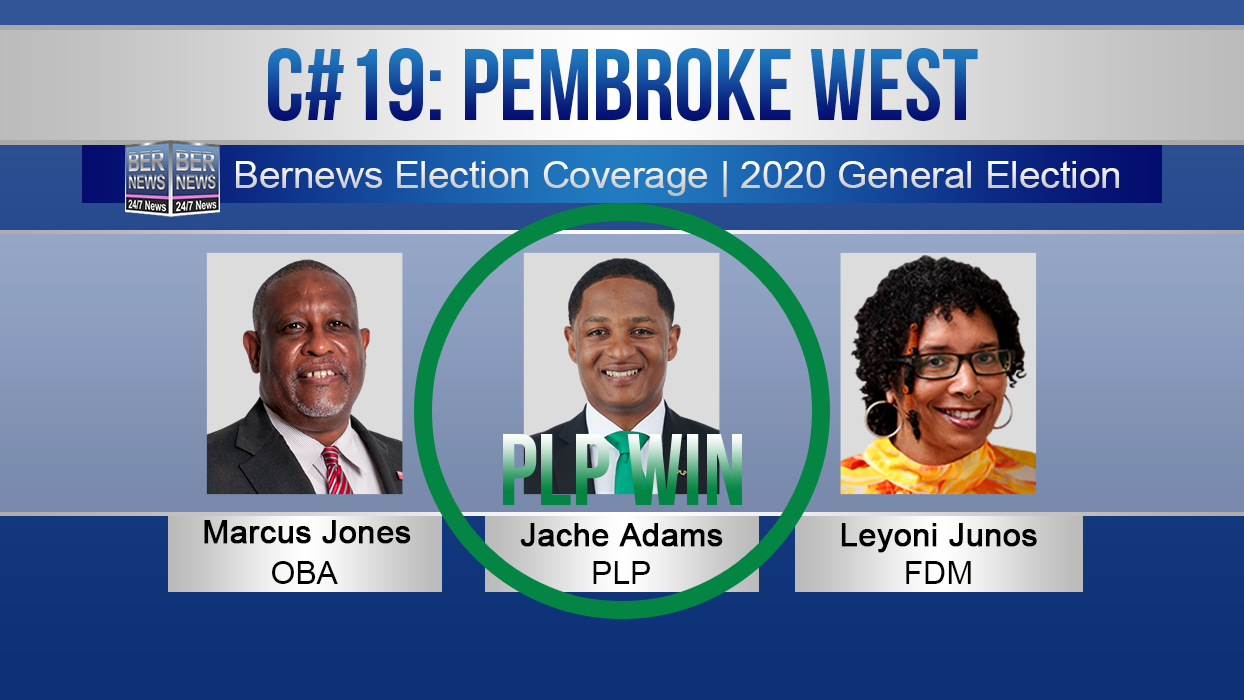
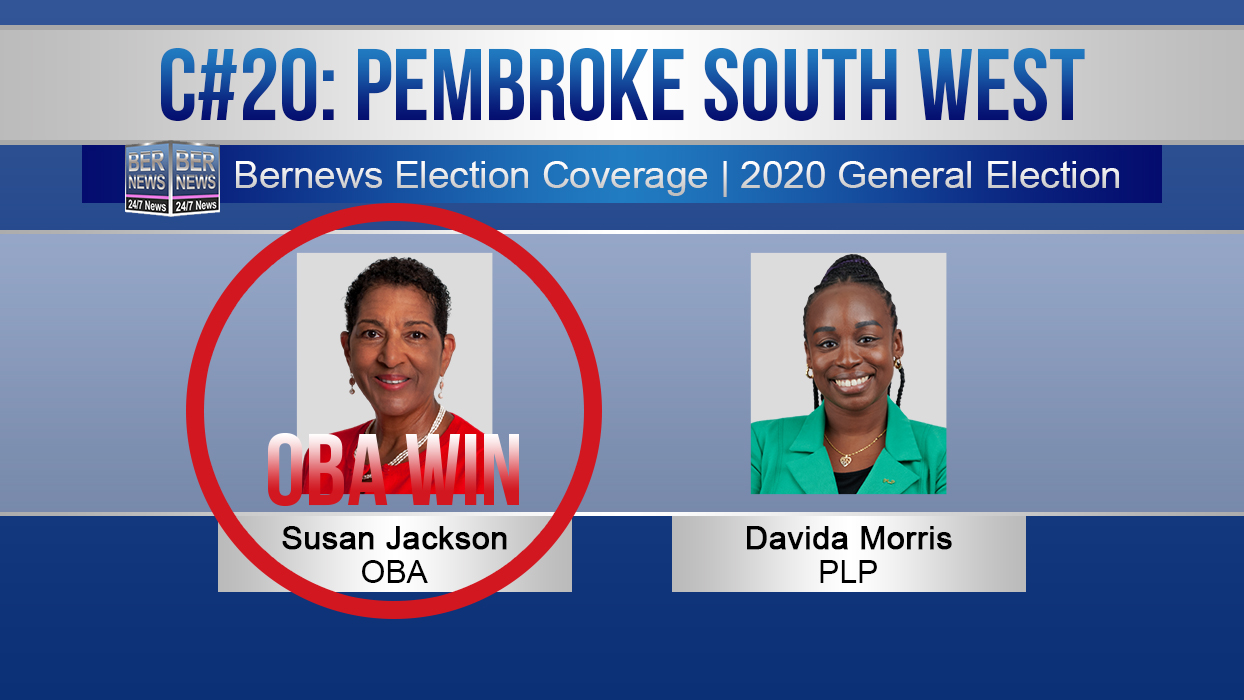
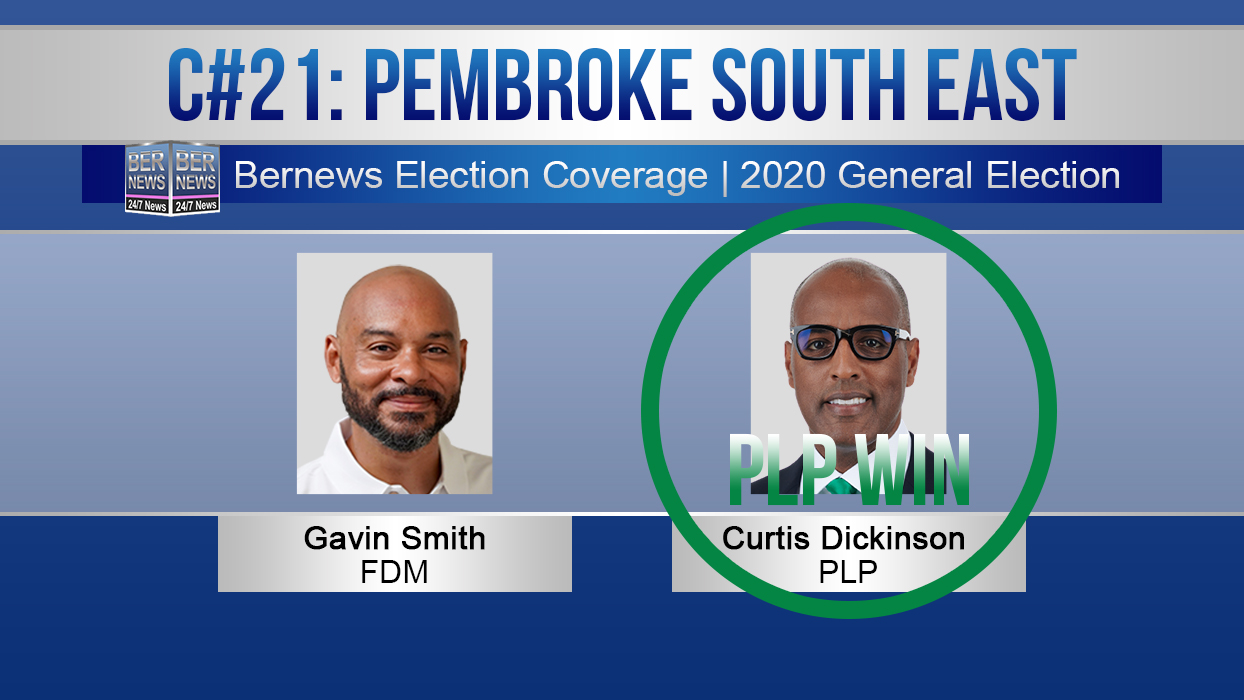
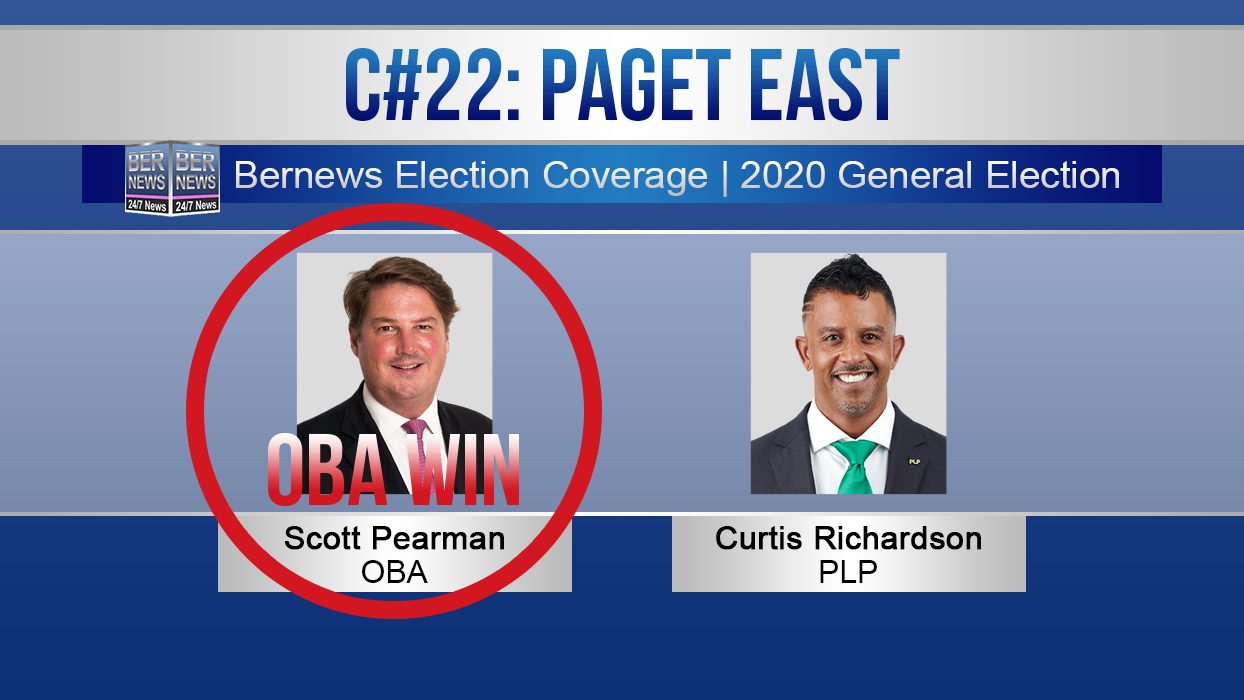
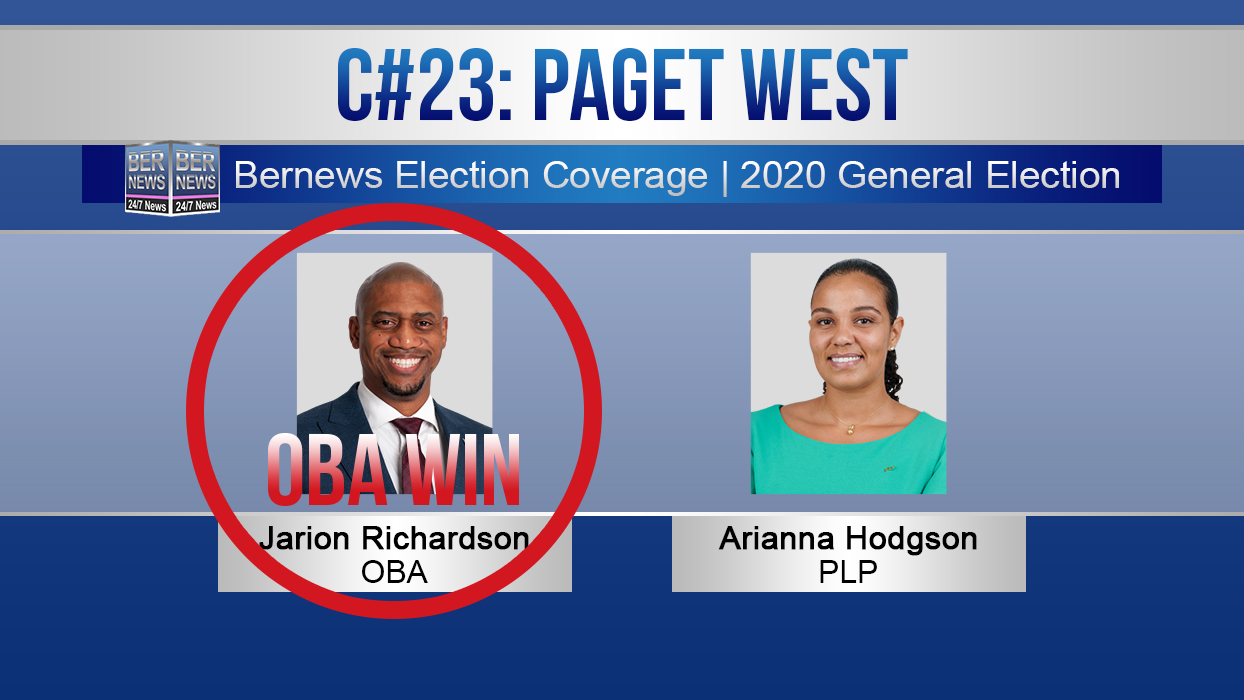
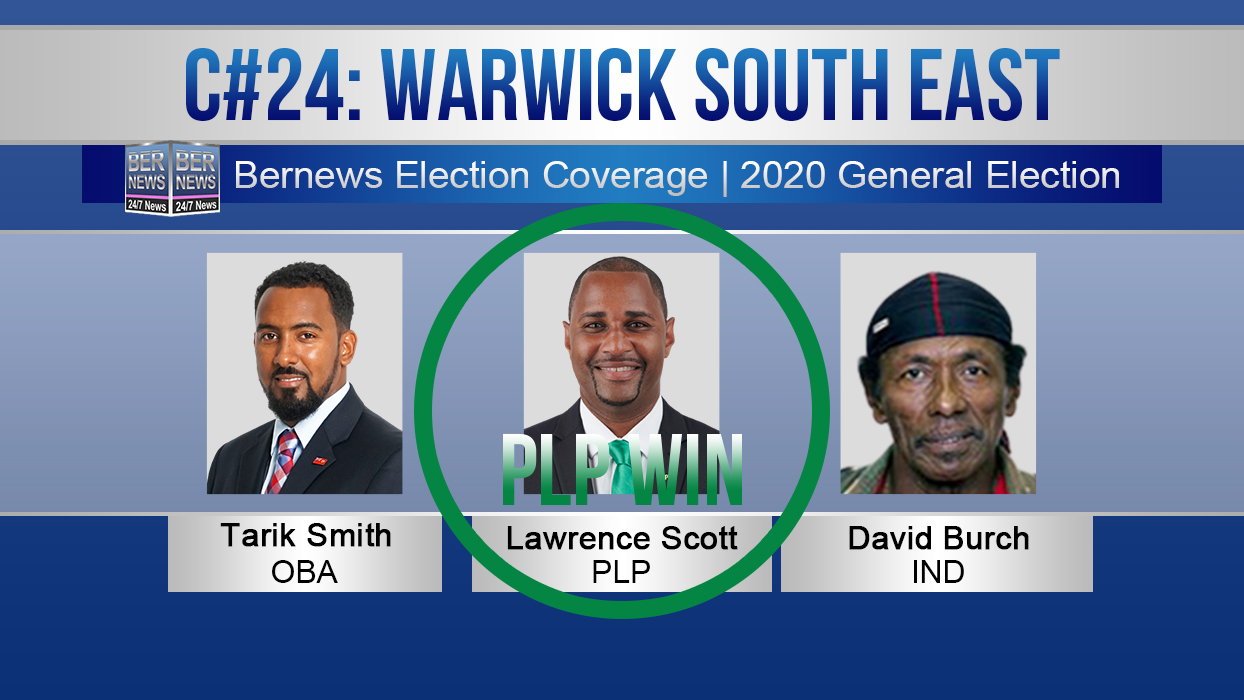
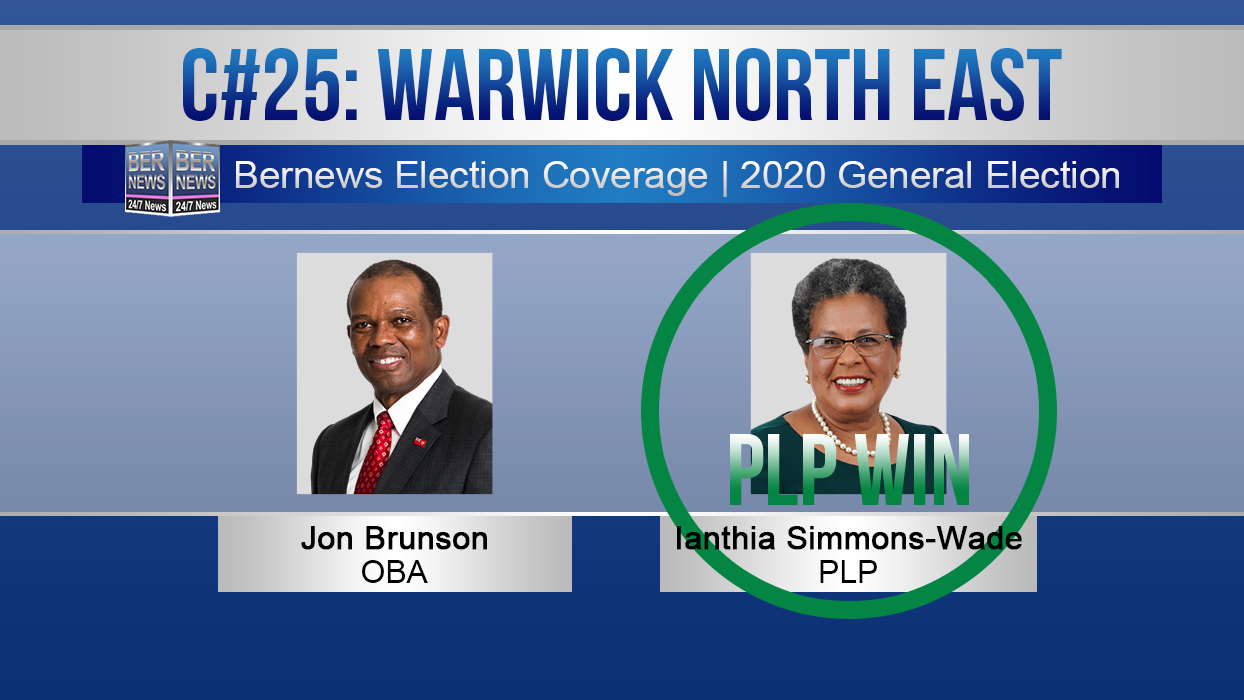
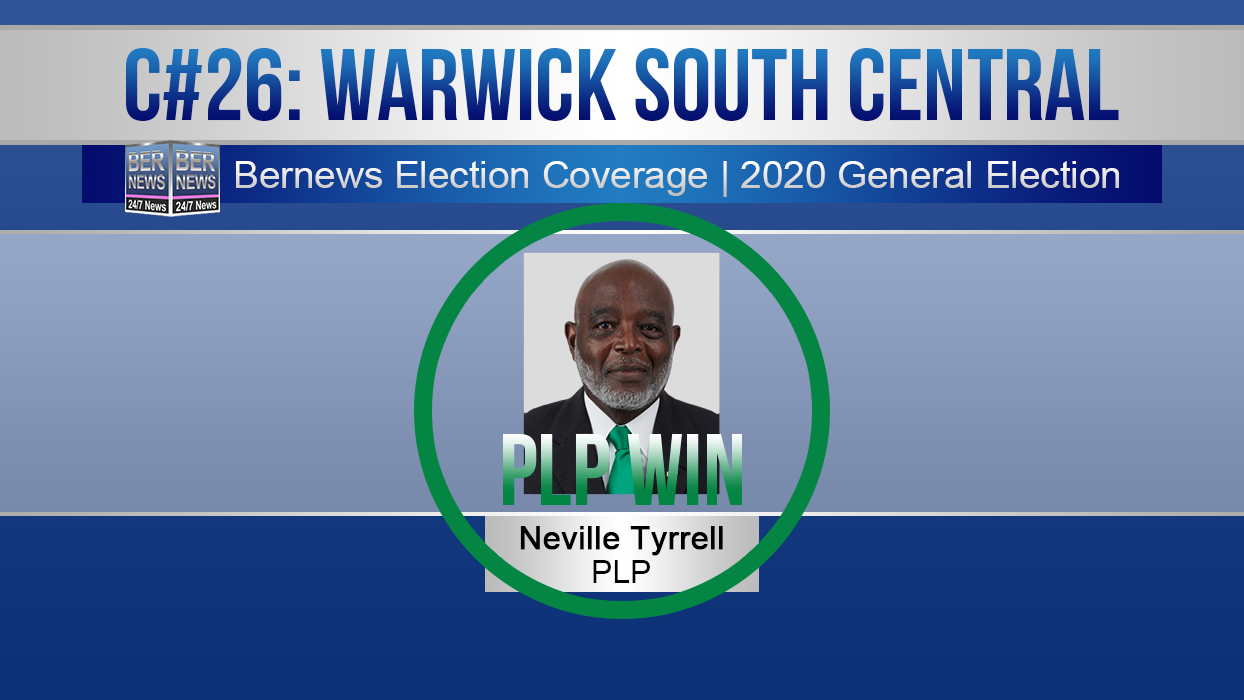
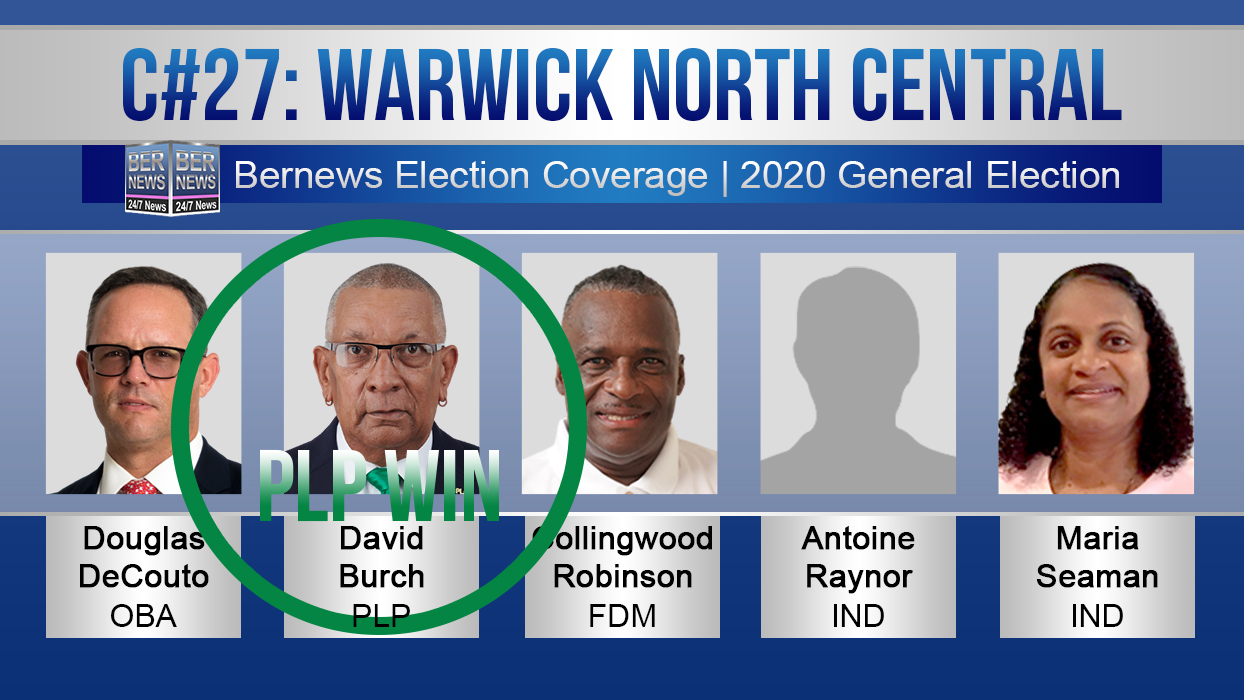
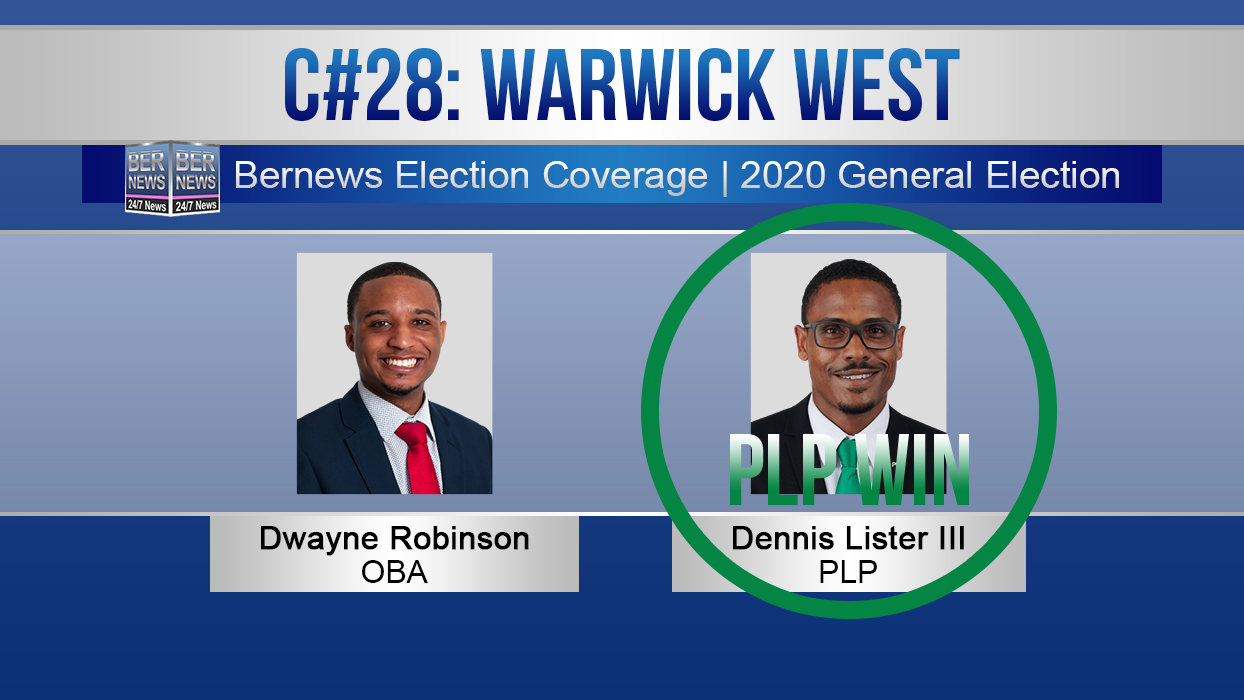
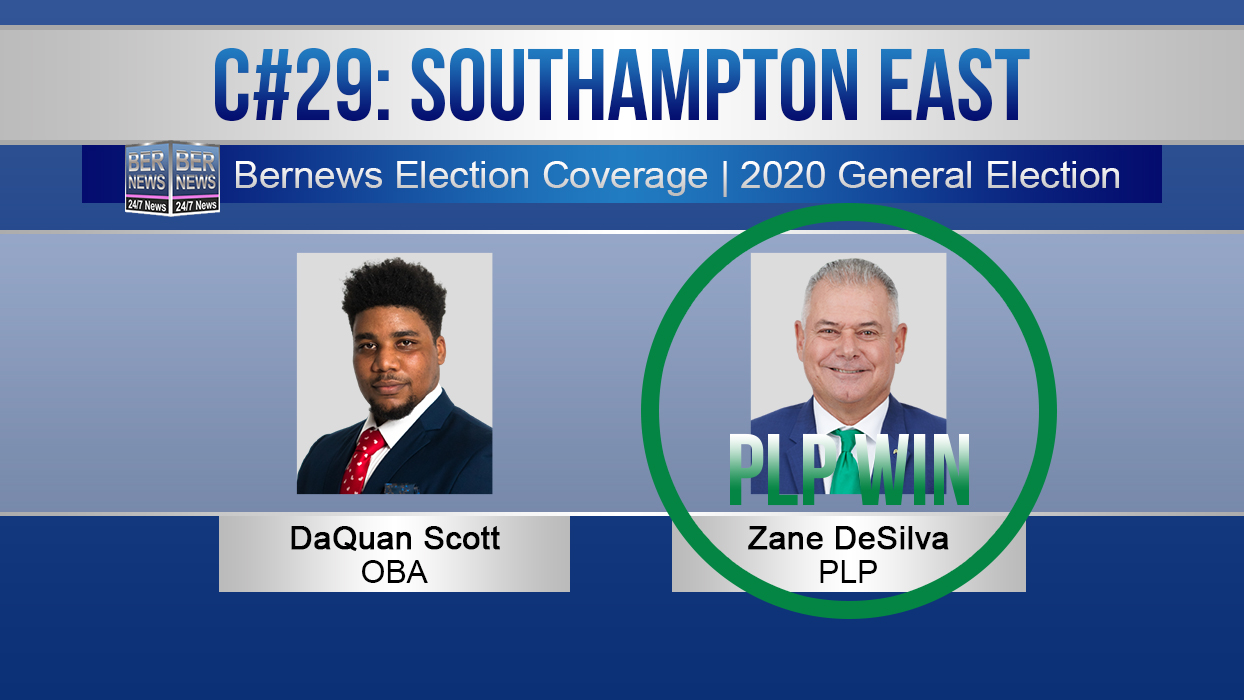
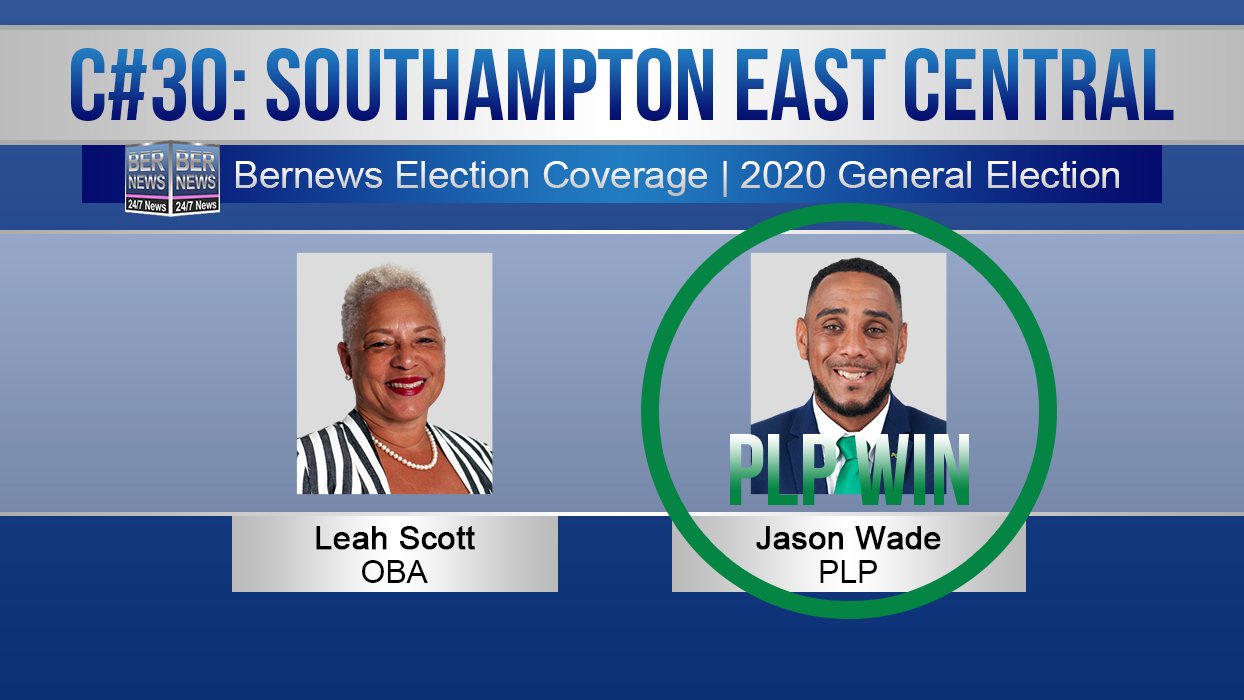
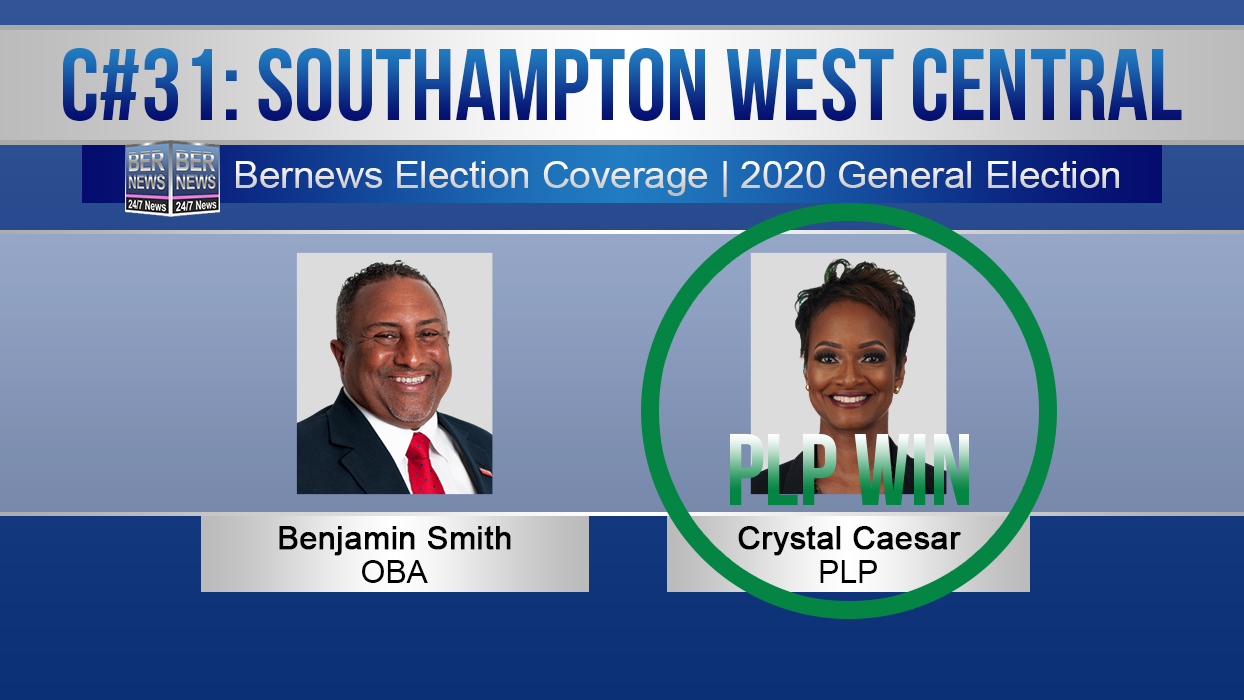
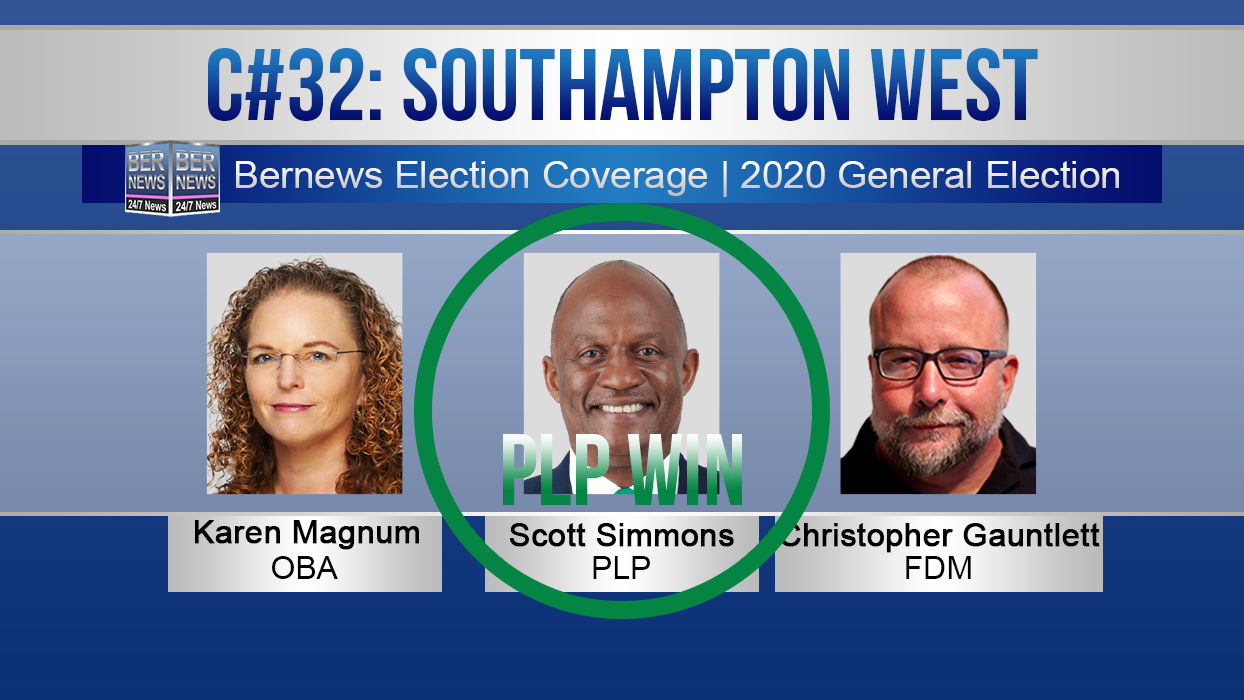
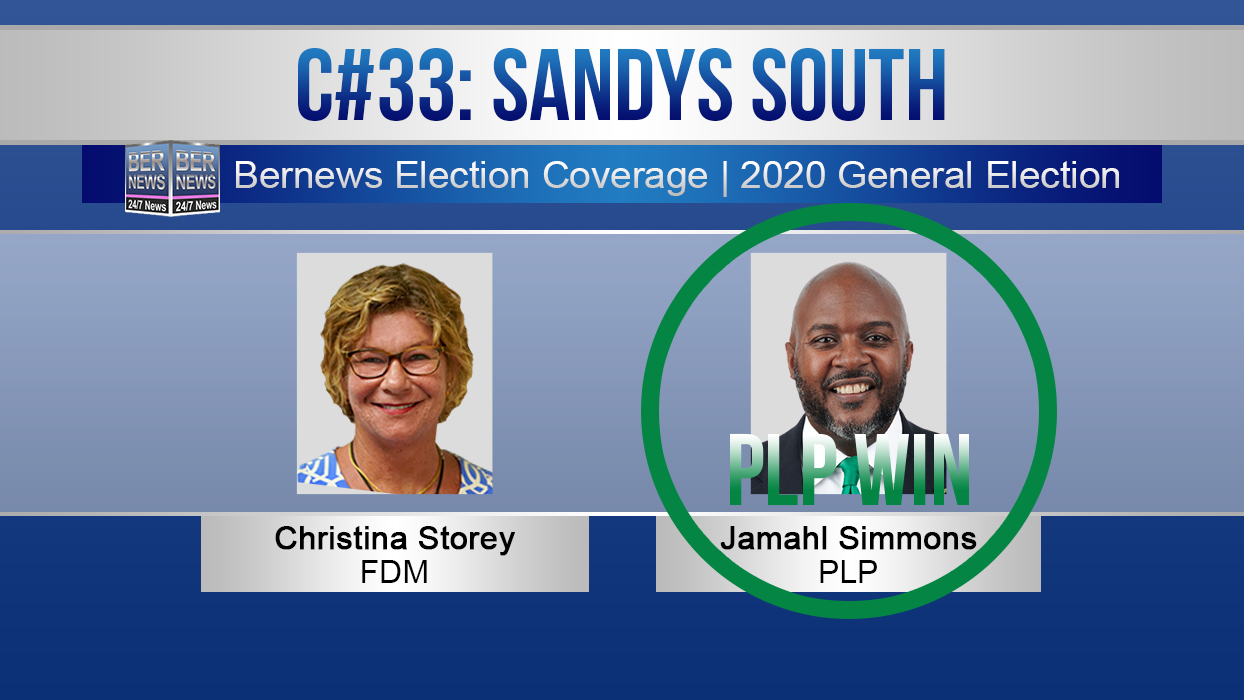
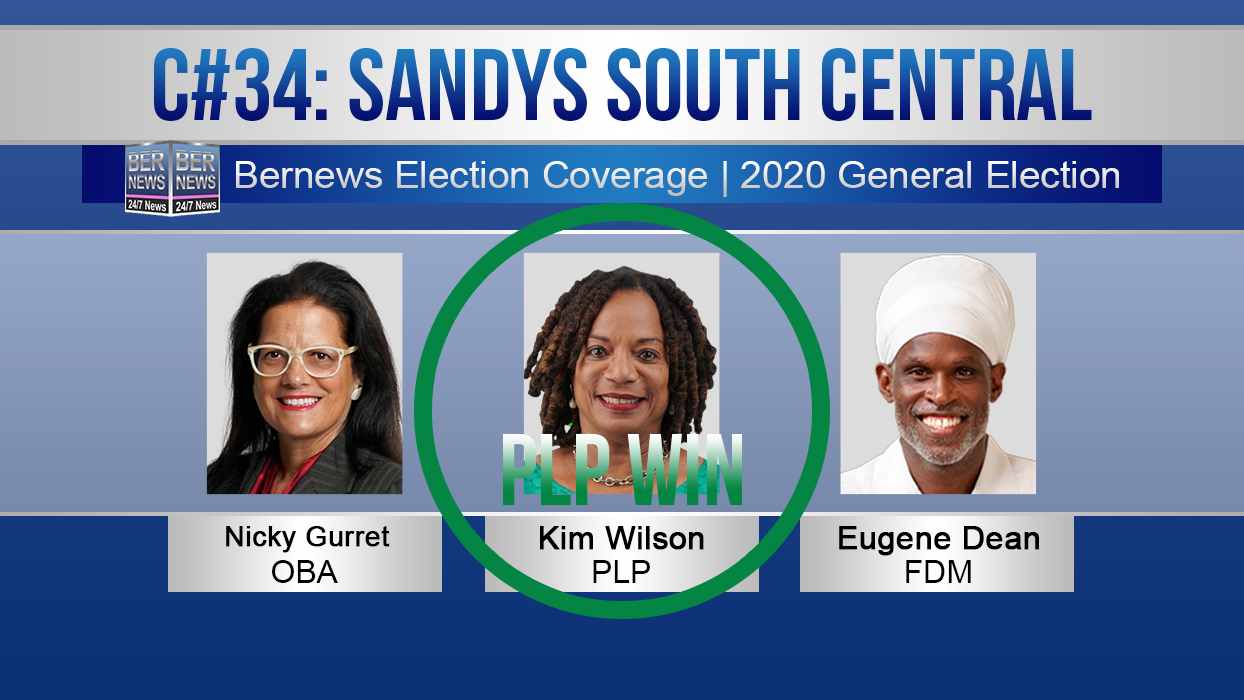
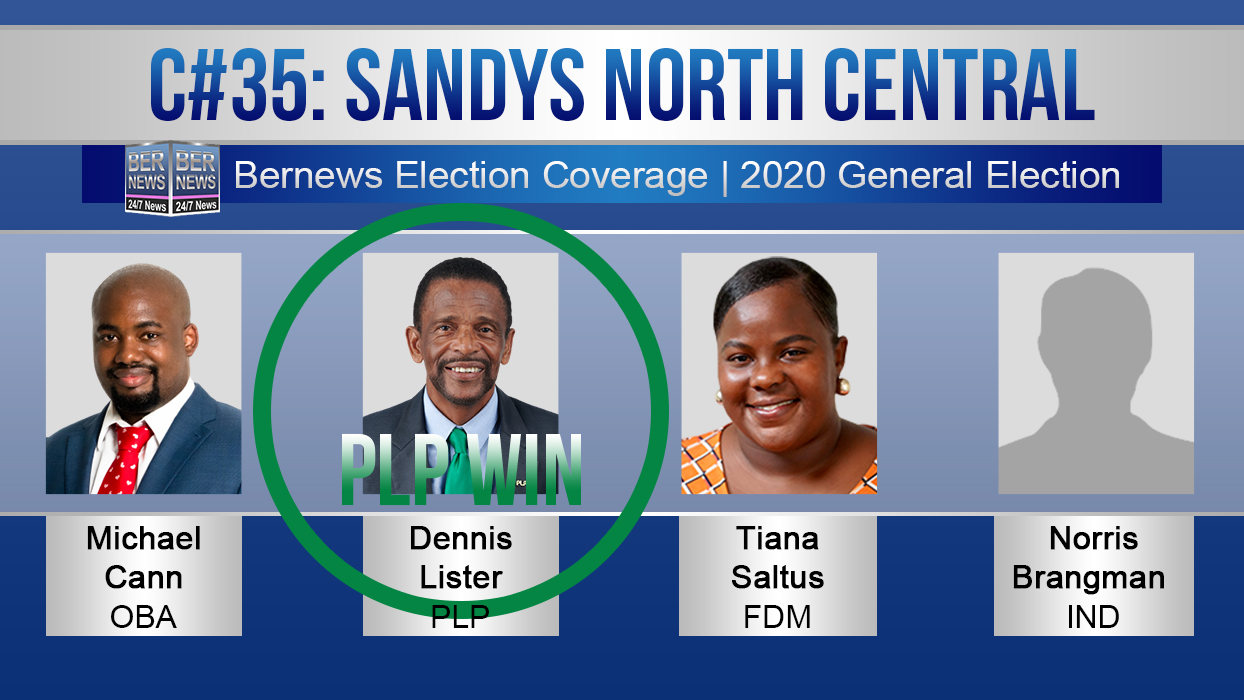
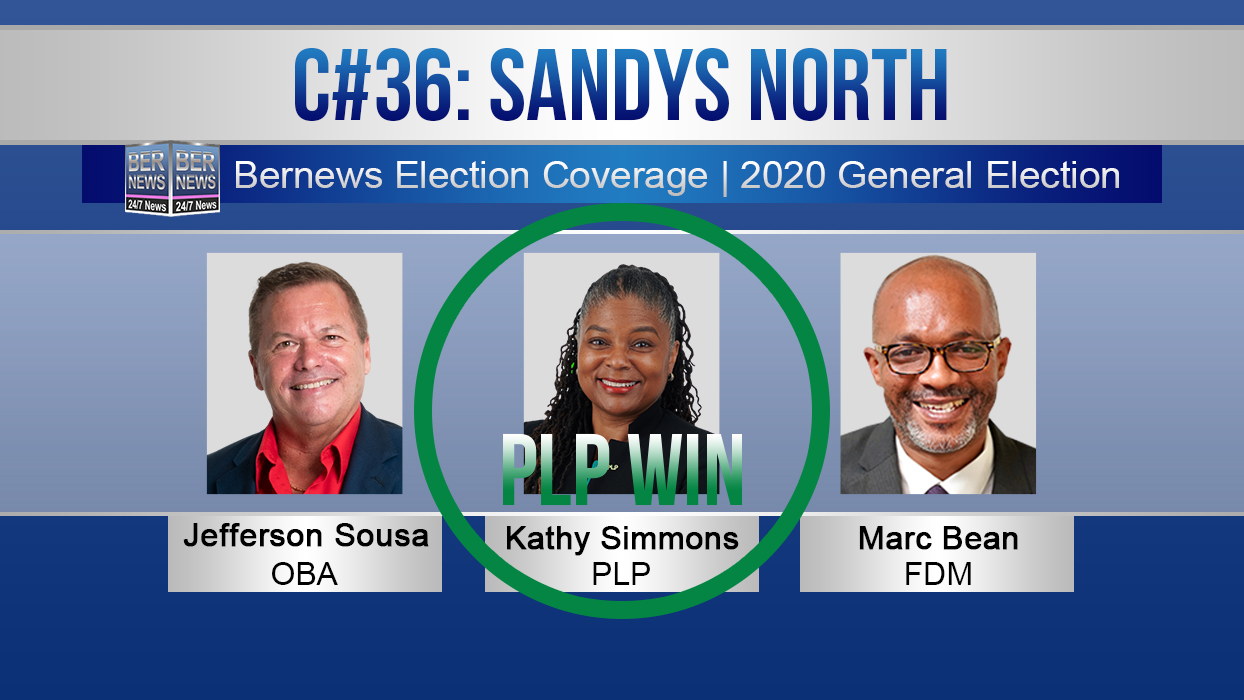

Please, give an example of “good leadership and stewardship”. You are driving this country into poverty. Anyone with a brain can see that.
Which rules out PLP voters.
Sounds like a very frustrated OBA supporter
Peshaps he or she is a frustrated OBA voter as I am a frustrated FDM voter because the Premiere called an election for one reason and one reason only. To win and have even more control! He would have remained in power for two more years and saved us $600K had they not had an election. So when our leader tells us that tough times are ahead, I should be frustrated when $600K is wasted on an election that did not need to happen!
Why does it cost so much to run a general election for less than 40,000 voters ?
Aren’t most polling stations in government properties ? So are the costs primarily staffing ? If so, that amounts to $1000+ on average for each of the 530 paid staff (allowing for approx 150,000 for printing ballot papers and incidentals)
This averages to $27 per vote cast in this election…
Since 2017 is more, it appears to be standard so wondering why it costs so much ?
These costs also presumably do not include the cost of paying teachers while school is closed for the elections either.
The statement is misleading the election will cost us much much more than the figure shown.
Very true, and when you add in the time that was taken off by staff (with pay) that had to be absorbed by employers that already suffering, its just mind-blowing how stupid this government believe the people of this country are. I know we have had an public education system that has been failing for quite some time now and that first generation of students were eligible to vote, but how stupid do you think people are. Just tell us the whole truth. When you add government sponsored commercials, educational info, mailers, costs to update the website, make health related changes, voter registration costs, and so on – that figure is much, much higher.